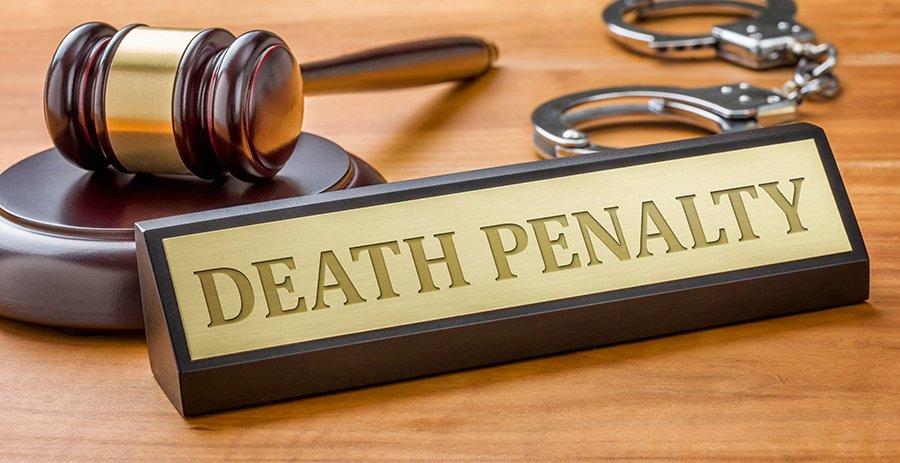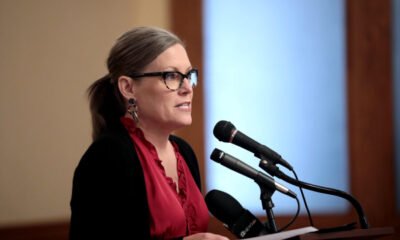Fashion
House Debates Controversial Shift to Firing Squad Executions

Arizona voters may soon have the opportunity to decide whether death row inmates can be executed by firing squad instead of lethal injection. Recently, the state House approved a proposal that could lead to this significant change, built on recommendations from a consultant previously hired by Governor Katie Hobbs.
Should House Concurrent Resolution 2024 gain further approval from both the House and Senate, it will appear on the ballot in 2024. This constitutional amendment would change the state’s execution method, which has relied on lethal injection since 1992. The upcoming decision will not alter the timeline for Aaron Gunches, who is scheduled for execution on March 19, having waived his appeals.
Representative Alexander Kolodin (R-Scottsdale) highlighted that the suggestion for firing squads came from retired federal Magistrate Judge David Duncan, whom Hobbs hired to evaluate Arizona’s death penalty practices. Duncan argued that firing squads are a more humane execution method, a sentiment echoed by U.S. Supreme Court Justice Sonia Sotomayor.
Sotomayor noted in a 2017 dissent that firing squads provide a quick and certain death, potentially alleviating the issues associated with lethal injections. Kolodin criticized Hobbs for dismissing Duncan’s expert recommendations, asserting that the legislature should take his findings seriously.
Kolodin emphasized the benefits of firing squads, claiming this method would lower costs and legal challenges, primarily since major drug manufacturers are reluctant to supply lethal injection drugs. He argued that switching to this method not only saves money but also promotes a more humane approach to executions.
During the House debate, Kolodin’s proposal was juxtaposed against recent discussions on increasing regulations around abortion-inducing drugs. This contrast did not go unnoticed by Representative Nancy Gutierrez (D-Tucson), who criticized the Republican majority for advocating for life while simultaneously supporting death sentences. She labeled the proposal as a waste of legislative time.
In response, Representative Nick Kupper (R-Surprise) voiced his opposition to both abortion and the death penalty but affirmed the necessity of a humane execution method, supporting Kolodin’s proposal. He stressed that the people of Arizona have affirmed the need for a death penalty.
Kolodin further pointed out that lethal injections are costlier than firing squads, estimating previous state expenses for lethal injection drugs at $1.5 million. His measure does not specify details on the firing squad’s execution protocol, but historical precedent suggests a team of five to eight shooters, each using inexpensive ammunition.
Duncan was appointed as the state’s “death penalty commissioner” shortly after Hobbs took office, tasked with reviewing execution practices. He ultimately inferred that lethal injections were not humane, a conclusion that contradicted the governor’s expectations. Prior to Duncan’s dismissal, Arizona had not conducted executions for eight years due to problematic lethal injections.
Duncan expressed frustration over the lack of transparency surrounding execution processes, suggesting that changes he proposed were disregarded. Following his firing, Hobbs announced the resumption of executions using lethal drugs under newly established protocols.
As several states have recently adopted the firing squad as an execution method due to difficulties with lethal injection drugs, Arizona’s proposal awaits further legislative action. If passed by both chambers, it would go before voters in November 2026, granting the public the final say on the matter.


















